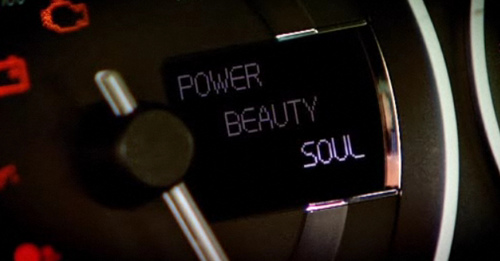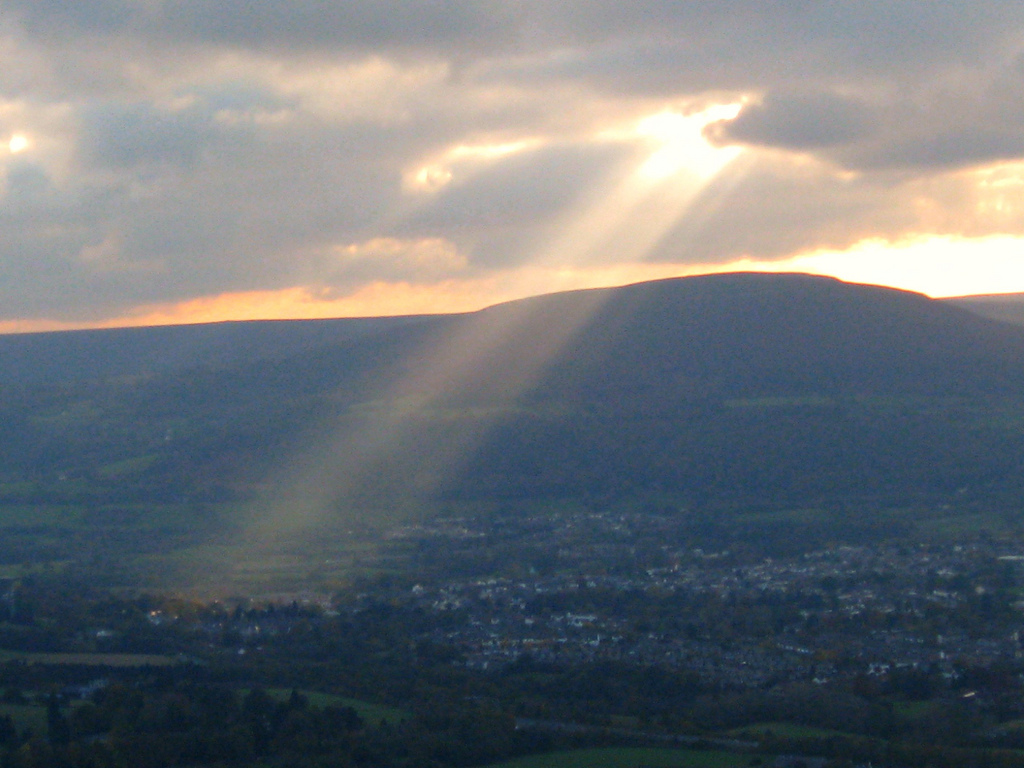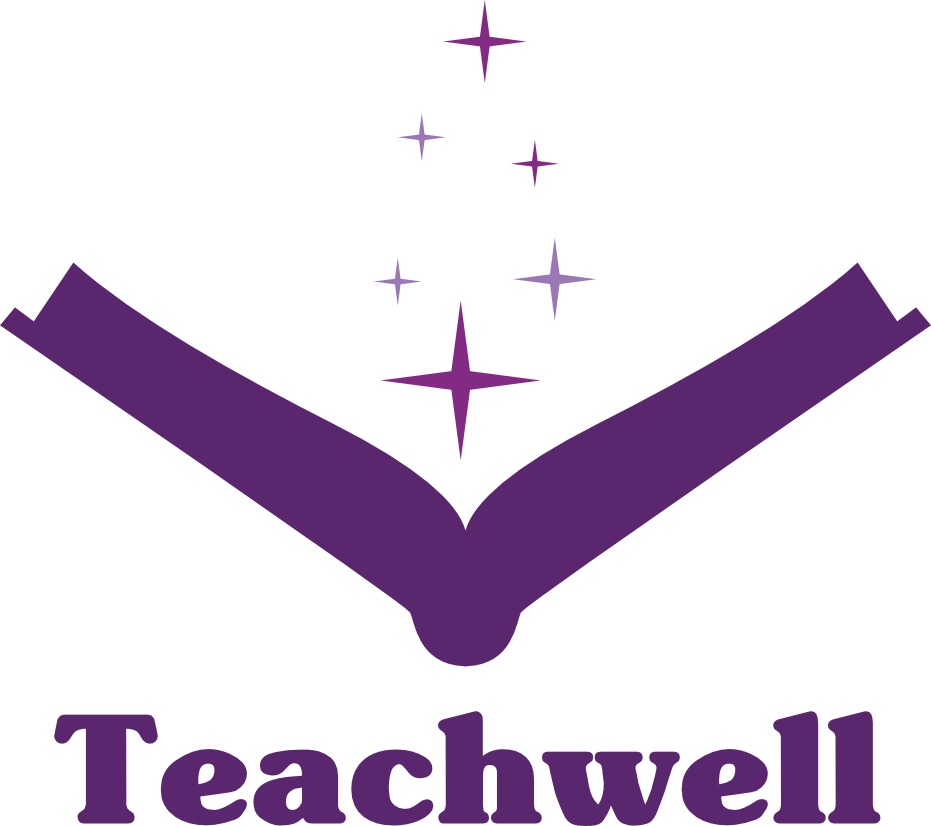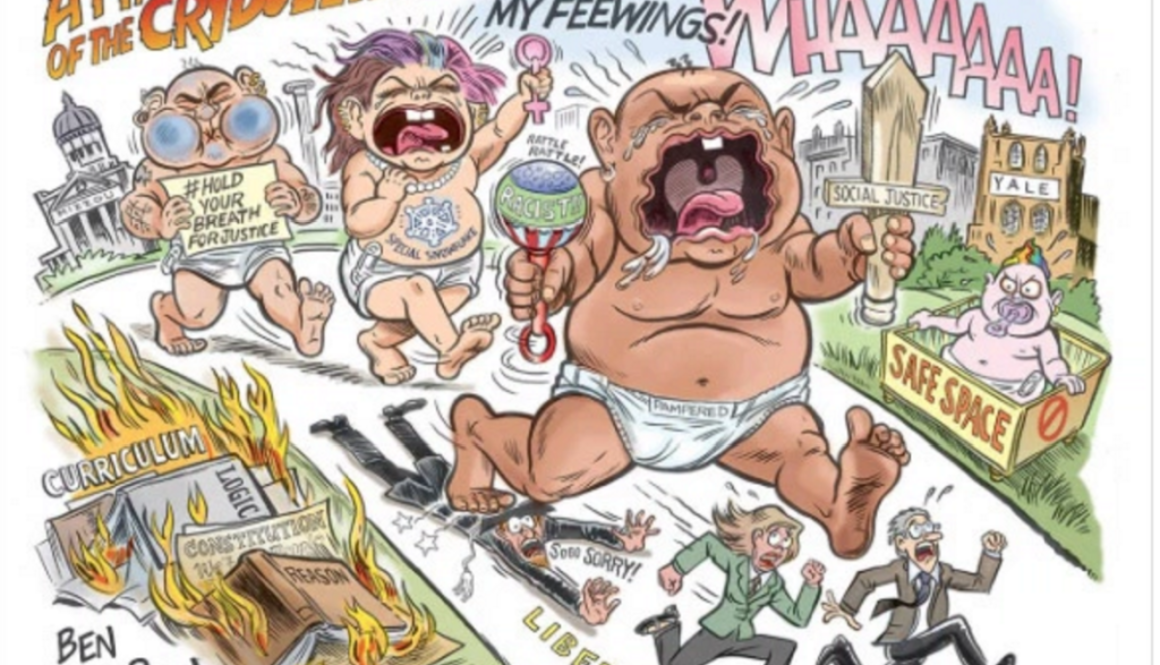Epiphany
The word epiphany has many definitions. However, this one explains my experience of an epiphany the best:
“a moment when you suddenly feel that you understand, or suddenly become conscious of, something that is very important to you.”
Source: http://dictionary.cambridge.org/dictionary/english/epiphany
At the age of 32, I finally realised that I was a human being, I really would be dead one day, and if I carried on the way I had, I would have wasted my life focusing excessively on the negative. Better late than never.
I had just split with my partner of 4 years due to his infidelity. Upsetting as this was, what was truly shocking was his belief that I would stay in the relationship. He had convinced himself that even if I found out, he could blame me, I would accept it, and then I would not leave him.
It was simple – he knew I wanted to get married and have children. Leaving him would mean little chance that this would happen in my early 30s (in my mind a cut-off point before both were going to be much more challenging and unlikely). The shock of him telling me this caused a crisis in me which was two-fold:
a) Was it true that I wanted to go down the marriage, house, children route at any cost?
b) If none of these were to be part of my life, then what?
I knew instinctively that a) was not entirely true. After all, I had left an emotionally abusive husband eight years earlier precisely because I could not continue and have children with him.
As for b), it seemed that I had no answer. All I could feel was a sense of sadness at the idea of a potentially empty life ahead of me.
Then I saw it. A picture of myself, aged 20, lying on a hammock pretending to look unhappy (it was the rage among my friends in Italy for some reason). It hit me that while I had faked it for the picture, I had never really been happy.
When I started to think about why, I realised that I pushed away anything positive or downplayed it while at the same time I accepted the negative without question, letting it take over. I could never let things go, problems were never resolved, and I hung onto negative experiences and churned over them endlessly without resolution. I was an ongoing victim of every negative interaction and experience, each one adding to the previous one.
So for the first time, I thought about all the advice I had been given and what it meant. I started to see that my whole life up to that point was not an unmitigated disaster. I realised that I was drowning in a sea of assumptions. So I started to examine them one by one.

“Power, Beauty, Soul” by Ged Carroll is licensed under CC BY 2.0
‘I am ugly’ was one.
Who was telling me that? Why did I accept the opinions of people who didn’t think I was attractive and yet reject the ones who did? Was it true that people are objectively beautiful or ugly? What about those who are closer to some societal ideal of beauty? Did they all have happy, fulfilled lives where everything went well? What about my friends who I considered to be attractive – were they all settled, happy and without a care in the world?
Slowly but surely I was able to think about this issue and realise just how much BS I was telling myself.
I was a perfectionist. I wanted it to be objectively agreed that I was either attractive or ugly. I wanted fact and objectivity when in reality the best anyone could give me was a subjective opinion. Even this was affected by the timing of my existence in this society at this point.
I had never thought about how I should look to feel happy in myself. What did I want to wear? What made me happy? What did I want to look like? Why did I want to look a certain way? Was that realistic?
I started to separate out where my thoughts and ideas were coming from.
Organisations, Society, The World: I was allowing magazines and general ideas of beauty and attractiveness to affect me inordinately. So to what extent did I have to act on it? What did I need to do? Did I have to buy into the ideas out there? Who was making me and why? I understood the maxim of ‘accept what you can’t change and change what you can’t accept.’ I couldn’t change the entire media, but I didn’t have to accept their ideas and standards. I just stopped buying any magazines that reinforced negative ideas that made me unhappy. Why go there? Was that going to change the magazines? No of course not but then did I care enough to campaign for diversity in print in the era of the internet?
No one person is going to change everything they think is wrong in society. So I accepted that not everything was of equal importance to me and neither did it need to be. Personally making a stand on the CPD teachers at my school were receiving (which I have blogged about before) was of far more importance to me, particularly since it was evident there was widespread discrimination involved.
Other people: I stopped being so dependent on the opinions of others. I stopped seeking their approval all the time. If they felt the need to say something, I listened and took it on board to the extent that it was useful. There was no compulsion on me to agree with others or for them to try to alleviate my insecurities. In terms of the latter, I had spent most of my life assuming that others knew better and that they had been let into the secret of how to live a happy life which I had not. It seems a crazy thing to think now, but at the time, I was convinced that I was missing something. The more responsibility I took for myself, the less I expected from others and the healthier my relationships became. I couldn’t do anything about people who were unhappy, insecure or toxic. At the end of the day, I wasn’t responsible for them.
Me: The more I separated out what messages and ideas I was getting and where from, the more I realised how negative I was towards myself. While I had no control over society or other people, I did have control over myself. I needed, to be honest with myself, and that meant accepting both good and bad for what it was. I was able to be pleased about what was going right in my life and deal with what was going wrong. A friend described the experience beautifully:
‘Confidence is just a change in the way you view the world. In the past, you shone the light on the world and saw just the negative, and now you have shifted where you shine the light and can see both positive and negative.’

“Sunshaft” by Ruth Hartnup is licensed under CC BY 2.0
Letting go of perfectionist ideas was the best thing I could have done. Being imperfect was part of the human condition, it always had been, and it always would be. As I grew surer of my moral compass, I could see that perfection was not about right or wrong. I also realised that I could seek solutions to my problems from others. There were billions of people who had lived in the past and now. How had they dealt with the same issues positively?
I realised the best I could do was try to do the right thing insofar as I knew and understood it. If I did the wrong thing, I tried my best to make amends (not that it was always possible), learn from it and move on. I stopped dwelling on things so much because I dealt with them. I had a plan of action. I would seek solutions to the problems as best I could. That meant that there wasn’t this constant piling up of negative experiences.
It wasn’t just the superficial I questioned and challenged my thinking on. It was everything, and one thing led to another. The more I challenged my thinking, the more I understood who I was. The more I did so, the more I could see what was me, what was other people, what was wider society or the world. It is the separating of each and making decisions about what I could do about each circumstance that has enabled me to gain confidence. Instead of looking outside of myself, I looked to myself first.
I am acutely aware of the fact that like all individuals I don’t have a great deal of power other than over myself. To relinquish this to others or society when one has a choice is to be a victim by choice.



